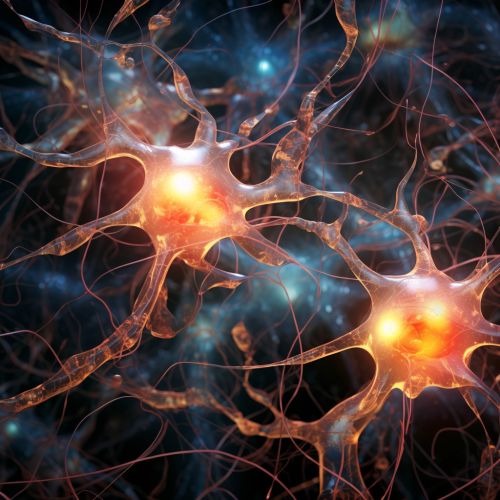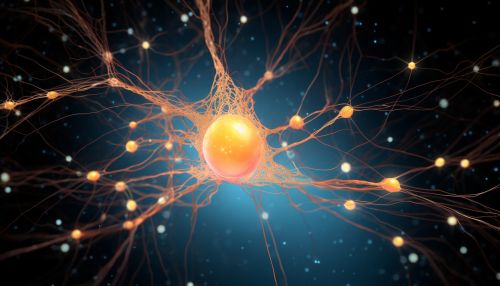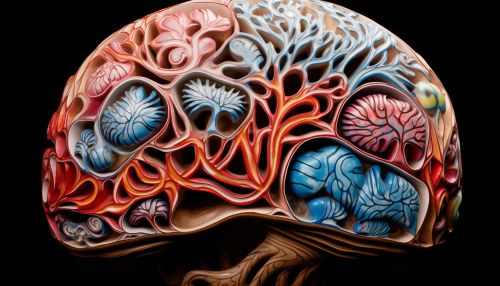Theoretical Perspectives on Cognitive Aging
Introduction
Cognitive aging refers to the natural process of cognitive decline that occurs as individuals age. This process is characterized by a gradual decrease in cognitive functions such as memory, attention, and problem-solving abilities. Theoretical perspectives on cognitive aging aim to explain the underlying mechanisms and factors that contribute to this decline, and how these changes impact an individual's daily life.


Theories of Cognitive Aging
There are several theories that attempt to explain the phenomenon of cognitive aging. These theories can be broadly categorized into biological, psychological, and environmental perspectives.
Biological Perspectives
Biological perspectives on cognitive aging focus on the physical changes that occur in the brain as a result of aging. These changes include neuronal loss, changes in neurotransmitter systems, and alterations in brain structure and function.


Neuronal Loss
One of the most prominent theories in this category is the neuronal loss theory. This theory suggests that cognitive decline is primarily due to the loss of neurons in the brain. However, recent research has challenged this view, suggesting that neuronal loss is not as extensive as previously thought, and that cognitive decline may be more related to changes in neuronal function rather than loss of neurons per se.
Changes in Neurotransmitter Systems
Another biological perspective focuses on changes in neurotransmitter systems. Neurotransmitters are chemical messengers that transmit signals across neurons. With age, the production and effectiveness of certain neurotransmitters, such as dopamine and serotonin, decrease. This decrease can affect various cognitive functions, including memory and attention.
Alterations in Brain Structure and Function
Alterations in brain structure and function are also considered a significant factor in cognitive aging. For instance, the prefrontal cortex, a region of the brain associated with higher cognitive functions, shows significant age-related decline. Similarly, the hippocampus, which plays a crucial role in memory formation, also shows signs of aging, such as reduced volume and decreased functional connectivity.


Psychological Perspectives
Psychological perspectives on cognitive aging focus on changes in cognitive processes and abilities. These perspectives often involve cognitive and information-processing models to explain age-related cognitive decline.
Processing Speed Theory
One of the most influential psychological theories is the processing speed theory. This theory suggests that the speed at which information is processed declines with age, leading to slower reaction times and reduced cognitive efficiency.
Inhibitory Deficit Hypothesis
The inhibitory deficit hypothesis posits that aging is associated with a decline in the ability to inhibit irrelevant information. This decline can interfere with cognitive processes, such as attention and memory, leading to decreased cognitive performance.
Working Memory Theory
The working memory theory suggests that age-related cognitive decline is primarily due to changes in working memory capacity. Working memory is a cognitive system that temporarily holds and manipulates information. As individuals age, their working memory capacity decreases, which can affect various cognitive functions, including problem-solving and decision-making.


Environmental Perspectives
Environmental perspectives on cognitive aging focus on the role of environmental factors in cognitive decline. These factors can include physical environment, social environment, and lifestyle factors.
Socioemotional Selectivity Theory
The socioemotional selectivity theory suggests that as individuals age, they become more selective in their social interactions, focusing more on emotionally meaningful relationships. This change in social priorities can affect cognitive functions, such as memory and attention.
Lifestyle Factors
Lifestyle factors, such as physical activity, diet, and cognitive engagement, can also influence cognitive aging. For instance, regular physical activity and a healthy diet have been associated with better cognitive performance in older adults. Similarly, cognitive engagement, such as participation in intellectually stimulating activities, can help maintain cognitive functions and delay cognitive decline.


Conclusion
Cognitive aging is a complex process influenced by a variety of factors. Theoretical perspectives on cognitive aging provide valuable insights into the mechanisms and factors that contribute to cognitive decline. Understanding these perspectives can help develop effective strategies to maintain cognitive health and improve quality of life in older adults.
